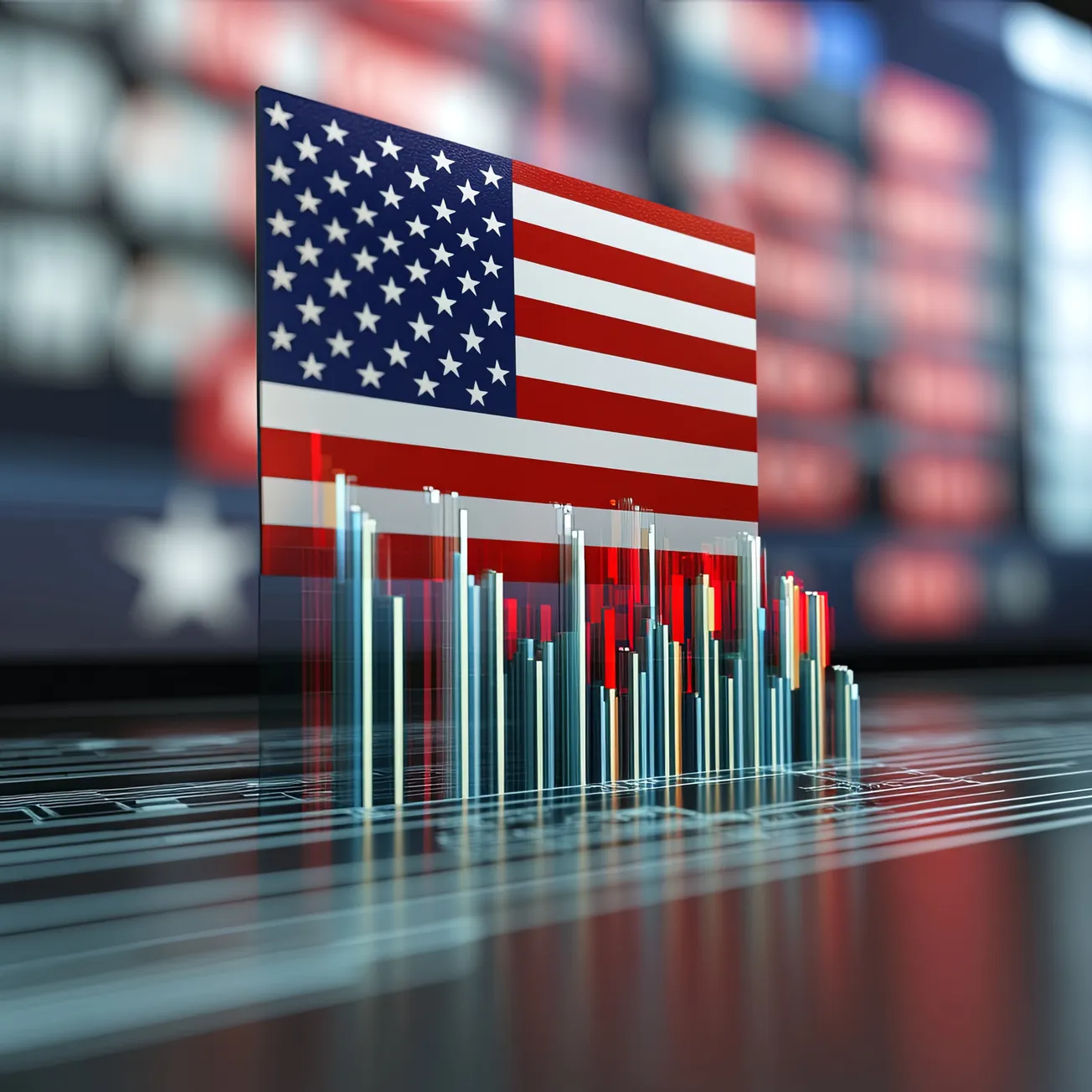Walmart and Amazon will capture one-fourth of all U.S. retail sales and two-thirds of the online retail market by 2029 ,according to Forrester’s 2024 report.
This projected dominance underscores the immense market power these two giants are expected to wield as they drive retail sales to a combined $1.5 trillion by 2029, with online sales alone reaching $1.1 trillion.
The broader U.S. retail market is expected to hit $6.0 trillion during the same period, with online penetration growing to 29%, up from 23% in 2024.
Walmart, traditionally known for its brick-and-mortar stores, has increasingly embraced e-commerce and private label brands to strengthen its competitive edge. In particular, Walmart's private labels, such as Great Value and Marketside, have experienced significant double-digit growth since 2020.
The company’s ability to control costs and offer competitive prices through these brands has driven higher customer loyalty and made Walmart a formidable player not only in the physical retail space but also online.
Similarly, Amazon, already a dominant force in e-commerce, continues to expand its reach through its private label offerings, including its Amazon Basics and Amazon Fresh brands.
In 2023, Amazon's e-commerce sales alone surpassed the combined online sales of all omnichannel retailers in the U.S., further cementing its lead in the market. The company’s broad spectrum of private label categories—from groceries to electronics—enables it to attract a diverse customer base and increase its share of wallet across multiple categories.
Private label brands, in general, are playing an increasingly pivotal role in this retail evolution. In 2024, private label sales in the U.S. hit record highs, representing 22.9% of total unit sales and 20.4% of total dollar sales, with continued growth expected through 2029.
For many retailers, private labels offer a strategic tool for differentiation and profitability, allowing them to control pricing, improve margins, and foster brand loyalty. As inflationary pressures and supply chain disruptions continue to influence consumer behavior, private labels provide a value-driven alternative that resonates with price-conscious shoppers.
Costco, Aldi, and Target are among other major retailers that have capitalized on the rise of private labels. Target, for instance, has expanded its private label empire in recent years, reporting a 36% growth in sales for its own brands in 2021.
H-E-B, known for its loyal customer base in Texas, has also seen success with its private label brands, including its environmentally-conscious Field & Future line.
Kroger, another key player, has leaned heavily into its private label strategy, with its CEO emphasizing that private label brands outpaced national brands during the second quarter of 2024. Kroger’s extensive private label portfolio has allowed the company to maintain low prices for consumers, further cementing its position as a top grocery retailer.
As private labels gain momentum, they are no longer limited to low-cost alternatives but are increasingly seen as premium, innovative offerings.
Many retailers, including Walgreens and Amazon, have launched new premium private label lines in categories such as skincare and health, signaling that private labels are evolving beyond their traditional role.
With private label penetration expected to rise, particularly in categories like food, personal care, and household goods, retailers are increasingly viewing their own brands as essential to capturing market share and driving long-term profitability.









